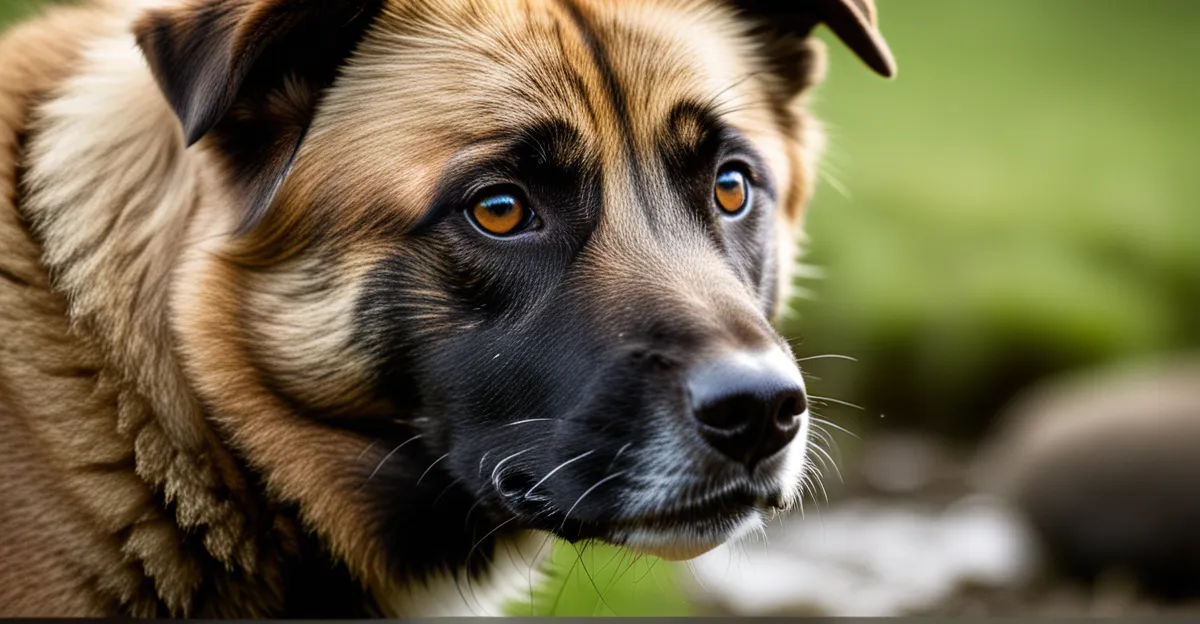Matching Your Lifestyle With Pet Types
Choosing the right pet type hinges on understanding how it fits your daily routine and living situation. In the UK, popular pet types such as dogs, cats, small mammals, and birds each have unique lifestyle compatibility factors.
For example, dogs generally require more time, exercise, and outdoor space. If you have an active lifestyle or a garden, dog ownership suits you well. Cats offer more independence, making them ideal for busier owners or smaller homes. Small mammals like rabbits or guinea pigs are often suitable for indoor environments with moderate activity needs. Birds require social interaction and mental stimulation but adapt well to apartment living.
Also to discover : Are Dog-Friendly Cafés Beneficial for Pet Socialization in the UK?
Assess your daily routine by considering your work hours, activity level, and the amount of companionship you seek. If you have a sedentary lifestyle or limited outdoor access, smaller pets or more independent types might be preferred. On the other hand, active households may benefit from pets that encourage physical activity.
Balancing pet suitability with household circumstances also involves thinking about children, other adults, and any allergies or sensitivities. Matching your lifestyle ensures a happy, sustainable pet-owner relationship, reducing stress for both parties while enhancing companionship.
Also to read : How Can You Prepare Your UK Home for a Pet’s Arrival?
Key Lifestyle Considerations for Pet Owners
When deciding on pet types, evaluating your home size and outdoor access is essential. Dogs typically need larger spaces and regular outdoor exercise, so a garden or nearby park complements their activity requirements. Smaller homes or apartments may better suit pets like cats or small mammals with lower spatial demands. Your work-life balance greatly affects your capacity to meet a pet’s needs: pets such as dogs demand considerable time commitment for walks, play, and companionship, while others like fish or reptiles require less interaction.
Understanding the activity requirements of different pets helps you align your energy level and available time. Active owners often enjoy the engagement that energetic dogs bring, while those with limited availability might prefer independent pets that thrive with moderate care.
Additionally, consider household composition. The presence of children or older adults can influence pet suitability, as some pet types are better with families. Ensuring the safety and comfort of all members by selecting pets that match social dynamics is part of responsible ownership.
Balancing these lifestyle factors—space, time, activity, and household members—ensures your pet fits harmoniously into daily life, fostering a relationship beneficial to both owner and pet.
Matching Your Lifestyle With Pet Types
Selecting the right pet types hinges on matching your lifestyle compatibility with their specific needs. In the UK, dog ownership suits those with active routines and access to outdoor spaces, while cats offer more flexibility for busier or indoor-oriented lifestyles. Small mammals and birds provide alternatives for those seeking lower activity demands but still desire companionship.
Assessing your daily routine is crucial. Work hours, activity levels, and available time each day determine which pet types fit best. For example, if your schedule is demanding with long hours, pets requiring less direct attention, such as cats or small rodents, are more appropriate. Conversely, if you have consistent free time, social pets like dogs or birds can thrive.
Your home environment also influences pet suitability. A spacious house with a garden supports more energetic pets, whereas apartment living favors small mammals, cats, or birds who adapt well indoors. Consider companion needs too; pets differ in how much affection and interaction they require. Some are content alone during the day, others need regular engagement.
Balancing these factors with household circumstances, including children, allergies, and other adults, ensures you select a pet that integrates well into your life. Thoughtful alignment of lifestyle and pet types improves happiness for both owner and animal.
Matching Your Lifestyle With Pet Types
Choosing the right pet types depends heavily on aligning your lifestyle compatibility with the pet’s needs. In the UK, common pet types include dogs, cats, small mammals, and birds, each fitting distinct routines. Dogs, for example, suit active owners with ample outdoor access and time for exercise. They demand significant daily interaction and benefit from gardens or parks nearby. Conversely, cats require less direct attention and thrive in indoor settings, ideal for busier individuals or smaller homes.
Assessing your daily routine is vital. Consider work hours and activity level: pets like small mammals or birds need moderate care and can fit well into schedules with limited free time. Dogs typically need lengthy walks and playtime, so they match owners with consistent availability. Your home environment also matters; space limits can dictate whether high-energy pets or smaller, more adaptable pets are preferable.
Companionship needs vary among pet types. Some pets handle solitude better, while others require frequent social interaction. Balancing pet suitability with household circumstances, including children, allergies, and cohabitants, strengthens the pet-owner relationship. Thoughtful consideration of these factors helps ensure a harmonious, fulfilling match that benefits both you and your pet.
Matching Your Lifestyle With Pet Types
Understanding the variety of pet types available in the UK helps you align your lifestyle compatibility more effectively. Common UK pet choices include dogs, cats, small mammals, and birds, each offering distinct demands and benefits. Dogs often require active owners with sufficient time for daily exercise and outdoor access. In contrast, cats adapt better to indoor living and more flexible schedules. Small mammals and birds provide alternatives that balance moderate care and companionship, fitting into varied routines and living spaces.
Assessing your daily routine is key to ensuring pet suitability. Consider how your work hours and activity level affect time for feeding, grooming, and social interaction. For instance, a busy schedule might favour cats or birds that handle solitude better, while more interactive pets like dogs need consistent owner engagement.
Your home environment also influences pet choices. Space constraints limit high-energy pets, making smaller animals more practical. Balancing companionship needs with household circumstances—such as allergies, children, or other adults in the home—is essential. This holistic approach to matching pet types ensures a rewarding and sustainable relationship tailored to your lifestyle.
Matching Your Lifestyle With Pet Types
Choosing the right pet types requires carefully evaluating your lifestyle compatibility alongside each option’s needs. In the UK, popular pet types include dogs, cats, small mammals, and birds, each suited to specific routines and environments. Dogs thrive with owners who have active lifestyles and outdoor space, demanding consistent exercise and interaction. In contrast, cats provide more flexibility, doing well with busier owners or indoor living. Small mammals and birds offer moderate activity and companionship, fitting varied schedules and home sizes.
Assessing your daily routine is essential. Consider work hours and activity level: pets like cats and birds tolerate solitude better, while dogs require daily engagement and ample free time. Your home environment impacts pet suitability too; limited space suits smaller, less energetic pets, while larger homes accommodate active animals.
Balancing companionship needs with household factors such as children, allergies, or cohabitants improves compatibility. Some pets require constant social interaction, while others cope well with quieter routines. Matching pet types to your lifestyle compatibility enhances well-being for both owner and animal, fostering a lasting, enjoyable relationship.
Matching Your Lifestyle With Pet Types
Choosing the right pet types involves carefully considering how well they fit your lifestyle compatibility. In the UK, common pets include dogs, cats, small mammals, and birds, each with specific needs and traits that match different daily routines and home environments.
Assess your daily routine by examining your work hours and energy levels. For example, dogs require considerable time for exercise and social interaction, making them suitable for active owners with flexible schedules. Cats and small mammals demand less direct attention, which suits busier individuals or those with limited free time. Birds fall somewhere in between, needing social engagement but adapting well to varied living spaces.
Your home environment plays a crucial role in pet suitability. Larger homes with gardens favor energetic pets like dogs, while apartments often suit cats, birds, or small mammals better due to space constraints. Companion needs also differ; some pets tolerate solitude, whereas others require frequent interaction to thrive.
Balancing these factors with your household circumstances—such as allergies, presence of children, and cohabiting adults—ensures a pet aligns with your lifestyle compatibility. Thoughtful matching of pet types promotes a sustainable and rewarding relationship for both pet and owner.






